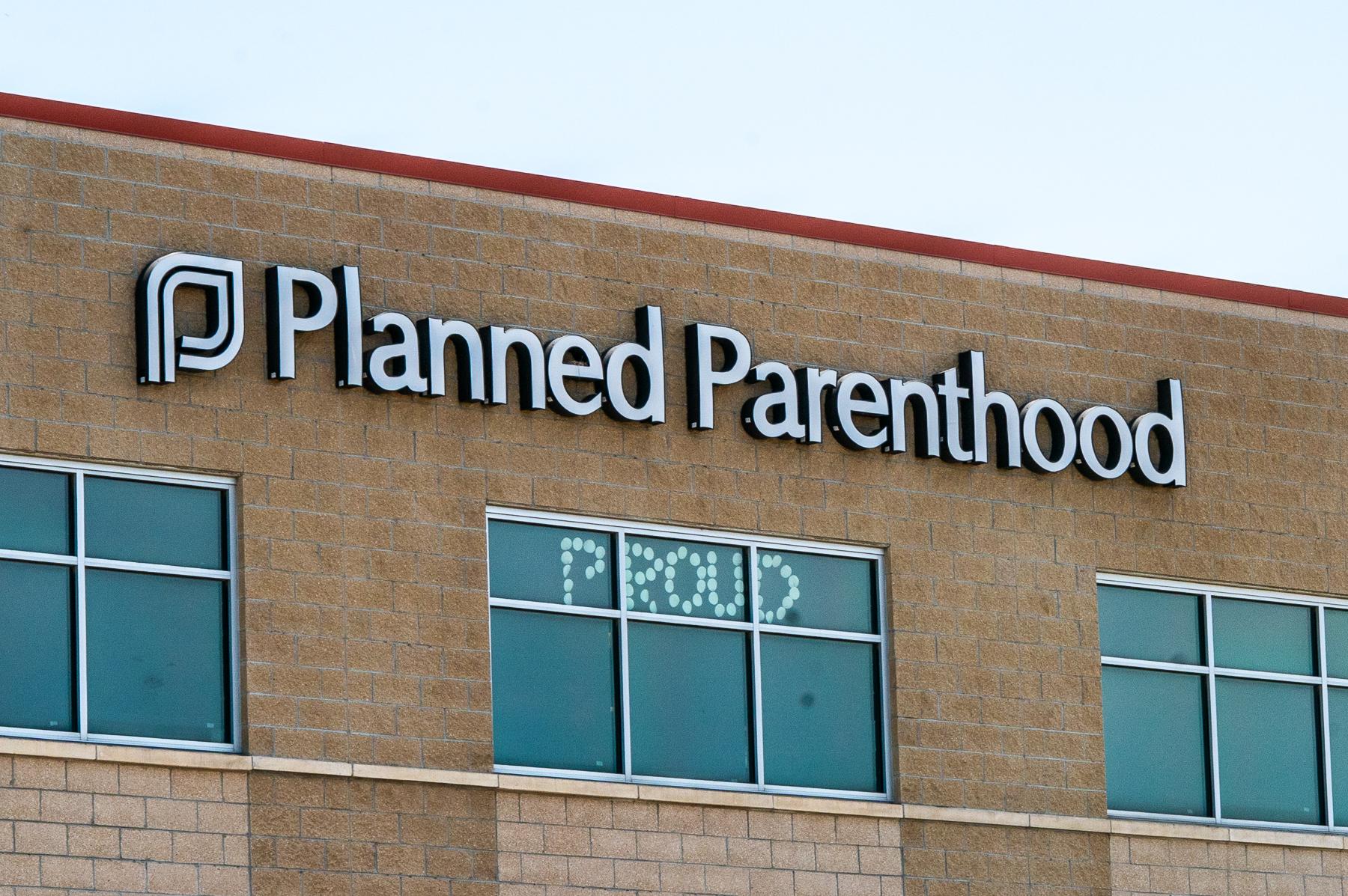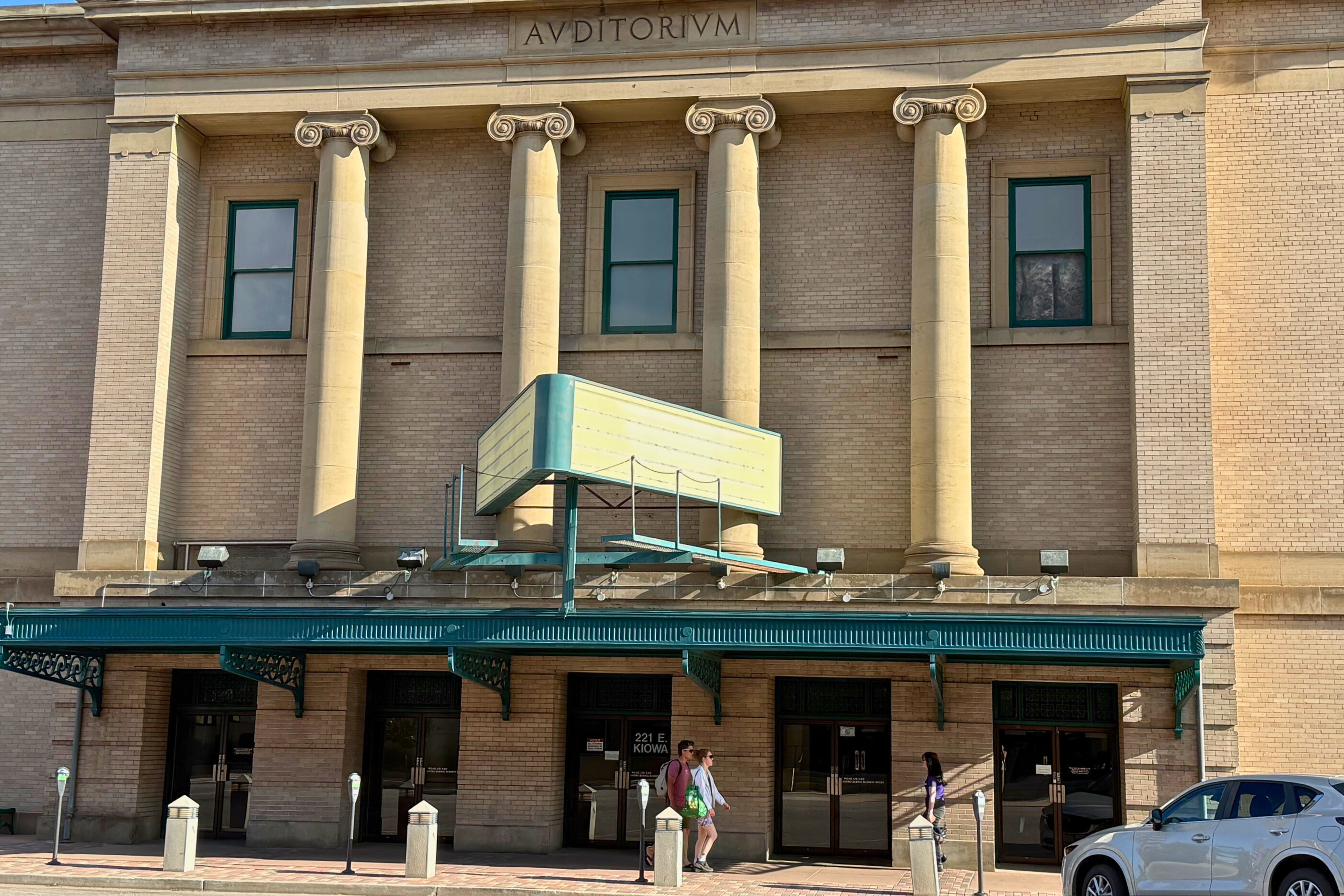Christian Olvera's parents know how to drive. But they're afraid to, because they're in the country illegally, and they don't have driver's licenses.
So most days, Olvera drives them to work.
Olvera is 26 years old, and looks even younger, with curly black hair and a baby face. But he's taken on a lot of responsibility. On paper, Olvera owns the family business. Even the house where they live, on a leafy street in Dalton, Georgia, is in his name.
"People ask me, do you still live with your parents?," Olvera joked. "I'll say no, my parents live with me."
The reason Olvera can do all these things for his family is DACA, or Deferred Action for Childhood Arrivals. The Obama-era program protects about 700,000 of the so-called DREAMers — people who were brought to the country illegally as children — from deportation, and allows them to work legally.
But those protections are in jeopardy unless Congress takes action. The Senate will turn its attention to hashing out an immigration deal this week. And there's a lot stake — not just for the DREAMers, but for all the parents, siblings and other relatives who rely on them.
Olvera has talked publicly about his family's situation and lobbied Congress for legislation to protect DREAMers.
His mother and father arrived in the U.S. on a temporary visa almost 20 years ago, and stayed. The family wants to share their story but the parents asked not to be named because they fear being deported. Still, Olvera's mother says her family can have a better life here.
"If you're a respectful, educated, hard-working person," she said through a translator, "the U.S. will always open its doors for you."
It was DACA that opened doors for the family, by giving Olvera and his brother protection from deportation.
DREAMers often become the de facto ambassadors for their families, in many aspects of daily life. The family bank accounts and credit cards are often in their names. They fill in for parents who are scared to attend parent-teacher conferences. They're able to go to college and get better jobs. One study found that DACA improves the economic situation of almost two-thirds of these families.
But the Trump administration has moved to end DACA as early as March, saying that Congress needs to come up with a replacement.
Olvera says his protections would expire in August.
"I'm like a jug of milk, man. It's marked on there, and you don't know what to do after that," he said. "There's a lot of things that go into limbo."
Polls consistently show that a majority of Americans favor allowing DREAMers to stay in the country. But common ground in Washington has been hard to find.
The White House has floated a plan that includes a pathway to citizenship for nearly 2 million DREAMers. That number includes the roughly 700,000 who are currently protected by DACA. But in exchange, the Trump administration and hardliners in Congress want other concessions.
"Any solution on DACA has got to include border security, including a wall. And an end of chain migration," said Republican Senator David Perdue of Georgia in remarks on the Senate floor last month.
Perdue and President Trump want the U.S. to allow in more immigrants with desirable skills. The current policy, which they call "chain migration," emphasizes family reunification. That change could have big implications for the DREAMers and their parents. Immigration hardliners worry that if the DREAMers are allowed to become citizens, their families could, too.
"This is now a mass amnesty vehicle for many that were brought here through no fault of their own," said R.J. Hauman, the director of government relations at the Federation for American Immigration Reform, which advocates for much lower immigration levels.
"The fault has to lie somewhere, and that lies in the parents," Hauman said. "And that's a huge issue of why you have to end chain migration. So these people cannot turn around and sponsor the people who actually broke the law, and who brought them here illegally."
Even without legal status, the parents of many DACA recipients have found ways to build lives and businesses.
In Mexico, Olvera's father was an architect. When the family moved to Georgia, he worked in a carpet mill. Now the family owns a photography studio in Dalton. Olvera says his father started taking photos at birthday parties and weddings.
"He took that design creativity and started picking up photography here," Olvera said. "It's something you could do freelance. And it grew into an idea. And then, with DACA it was fortified as a business."
Olvera is helping out with that family business for now. What he really wants is to go away to college. But he feels like he can't do that.
"I'm just scared honestly of that one call saying hey, your father's been detained," Olvera said. "And I'm going to blame myself for that, because I wasn't there to drive them."
9(MDEyMDcxNjYwMDEzNzc2MTQzNDNiY2I3ZA004))








